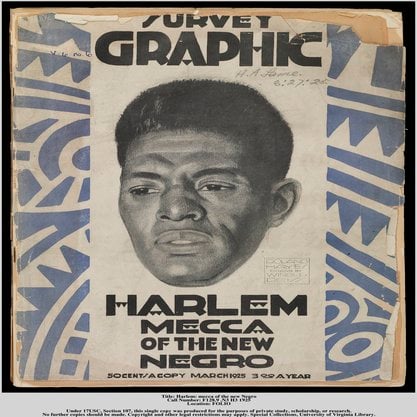Article
Propaganda By Beard, David
Article
Propaganda is the term for a variety of communication phenomena developed in the 20th century. As such, its meaning has changed over time from a largely neutral description of public relations and political communication towards an account of systematically distorted communication. The earliest major American proponent of the term, Edward Bernays (1891–1995), claimed that the ‘conscious and intelligent manipulation of the organized habits and opinions of the masses is an important element in democratic society’ (Bernays, 1928: 1). Bernays believed that ‘propaganda’, for him, a political variation on public relations work, was a tool used by political organizations and eventually businesses to organize and manipulate the desires, actions and will of the masses.


